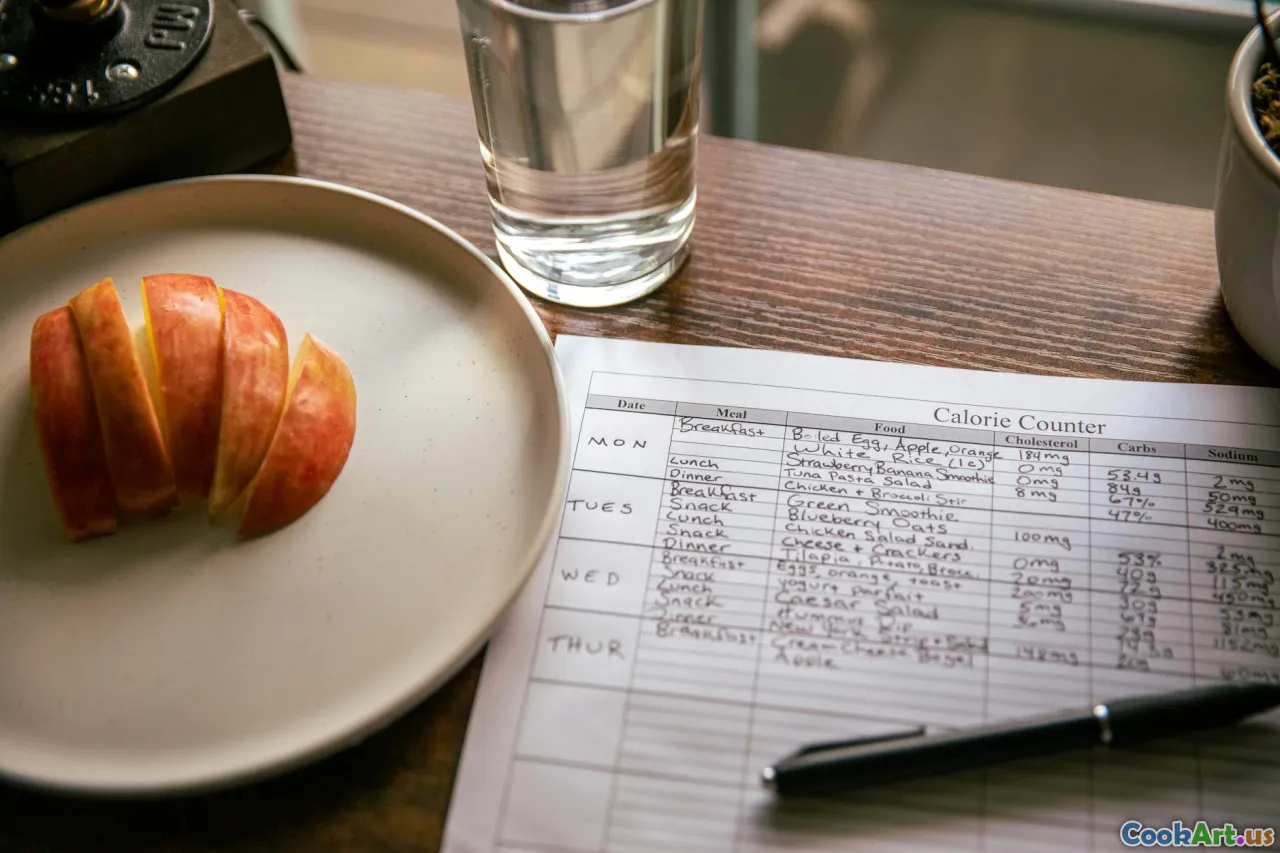The Importance of Meal Planning
5 min read Discover the transformative power of meal planning for a healthier lifestyle and better nutrition. April 10, 2025 19:45
The Importance of Meal Planning
Meal planning is more than just a trend; it’s a transformative approach to eating that can enhance your nutrition, health, and overall well-being. In a world where busy schedules often dictate our dietary choices, taking the time to plan meals can lead to healthier eating habits, cost savings, and reduced food waste.
What is Meal Planning?
Meal planning involves preparing a menu of meals in advance, which may include breakfast, lunch, dinner, and snacks. This practice allows individuals and families to streamline their grocery shopping, ensure balanced nutrition, and reduce the stress of daily cooking.
Why is Meal Planning Important?
-
Promotes Healthy Eating: When you plan your meals, you have the opportunity to create balanced menus that include a variety of food groups. This ensures that you consume adequate nutrients, from carbohydrates and proteins to vitamins and minerals.
-
Saves Time and Money: By organizing your meals, you can make a comprehensive grocery list, decreasing impulse purchases and food waste. Planning also reduces the time spent deciding what to eat each day, making it easier to stick to your health goals.
-
Encourages Mindful Eating: Meal planning promotes a more mindful approach to eating. When you take time to prepare meals, you are more likely to savor your food and appreciate the flavors, textures, and nutritional benefits.
-
Reduces Stress: Knowing what you’re going to eat each day can alleviate the stress associated with meal preparation. It allows you to focus on other aspects of your life without worrying about last-minute meal decisions.
-
Supports Weight Management: For those looking to manage their weight, meal planning can be a powerful tool. By controlling portion sizes and ingredients, you can create meals that align with your health goals.
Steps to Effective Meal Planning
1. Assess Your Schedule
Understanding your week ahead is crucial. Identify days when you will have more or less time to cook and plan meals accordingly.
2. Choose Your Recipes
Select recipes that are nutritious and align with your dietary preferences. Aim for a variety of ingredients to keep meals exciting.
3. Create a Grocery List
Based on your chosen recipes, compile a grocery list that includes all necessary ingredients. This helps minimize trips to the store and reduces food waste.
4. Prepare in Advance
Consider batch cooking or preparing ingredients in advance. This might include washing and chopping vegetables, marinating proteins, or cooking grains in larger quantities.
5. Stay Flexible
While planning is key, it’s also essential to remain flexible. Life can be unpredictable, so allow for adjustments in your plan as needed.
Cultural Perspectives on Meal Planning
Meal planning isn’t just a modern convenience; many cultures have long practiced meal preparation traditions. For example, in many Asian cultures, families often prepare meals in bulk, enjoying communal dining and ensuring everyone shares in the nourishment.
In Mediterranean cultures, the focus is on fresh, seasonal ingredients, and the practice of planning meals around these foods not only enhances flavor but also supports local agriculture and sustainability.
Conclusion
Meal planning is a valuable skill that can lead to healthier eating habits, reduced stress, and enhanced family bonding. As we navigate the complexities of modern life, embracing meal planning can empower us to take control of our nutrition and health. Start small, and gradually incorporate planning into your routine—your body and mind will thank you for it!









